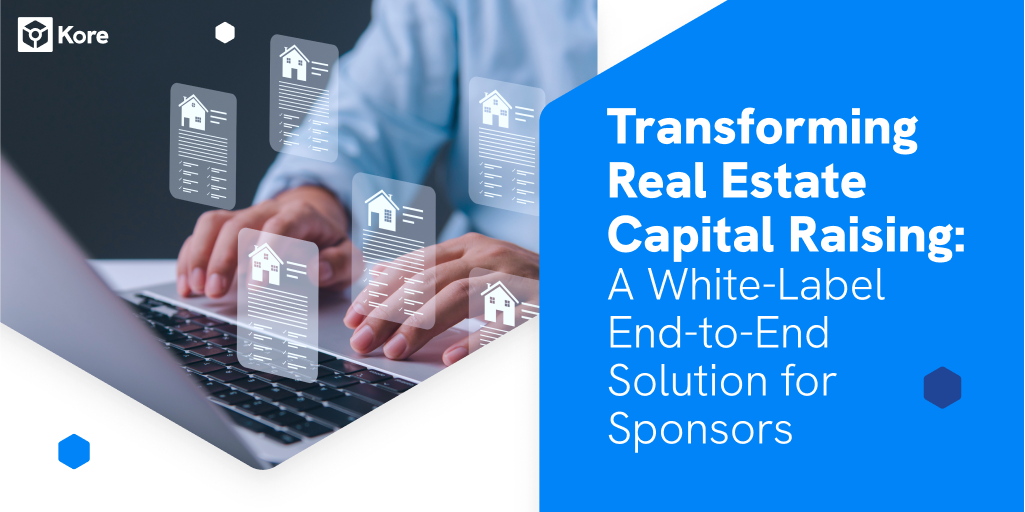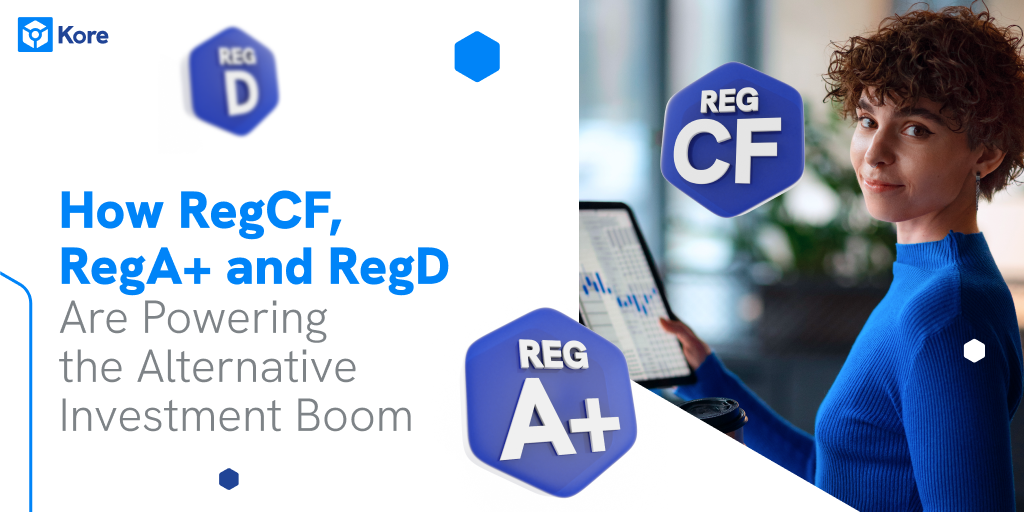Regulatory Pathways: Broker-Dealers Unlocking the JOBS Act for Private Markets Online

Did you know the JOBS Act has reshaped how broker-dealers and issuers connect with investors in the private markets?
The JOBS Act not only democratized access to capital but also positioned broker-dealers as critical players in the evolving landscape of private markets. By leveraging pathways like Regulation Crowdfunding (RegCF), Regulation D (RegD), and Regulation A+ (RegA+), broker-dealers are transforming how capital is raised online.
This article explores how broker-dealers can navigate these regulatory pathways and tap into the power of online platforms to unlock the full potential of the private markets.
Understanding the JOBS Act: A Gateway for Broker-Dealers
Passed in 2012, the JOBS Act aimed to simplify capital raising for small businesses and startups while ensuring robust investor protections. For broker-dealers, it opened up avenues to lead capital formation initiatives that blend compliance, technology, and efficiency.
Key regulatory pathways broker-dealers should focus on include:
- Regulation Crowdfunding (RegCF):
RegCF permits issuers to raise up to $5 million annually from both accredited and non-accredited investors. This pathway is perfect for engaging retail investors and leveraging technology to manage large-scale campaigns. Broker-dealers can differentiate themselves by offering turnkey compliance solutions and innovative investor outreach strategies. - Regulation D (RegD):
With a focus on accredited investors, RegD (especially Rule 506(c)) allows for general solicitation, provided strict verification protocols are followed. Broker-dealers play a crucial role in ensuring issuers meet these compliance requirements while connecting them with high-net-worth investors. - Regulation A+ (RegA+):
Often called a “mini-IPO,” RegA+ allows issuers to raise up to $75 million annually. It combines the benefits of a broader investor base with structured compliance protocols, making it an attractive option for broker-dealers seeking scalable opportunities.
These pathways enable broker-dealers to offer tailored solutions to issuers while ensuring compliance at every stage of the capital-raising journey.
The Shift to Online Capital Formation
Technology has revolutionized capital formation, moving it from boardrooms to digital platforms. Broker-dealers who embrace this shift are better positioned to thrive in the competitive private markets.
Key benefits of online platforms include:
- Seamless Investor Onboarding: Automated KYC/AML tools expedite the investor verification process, enabling broker-dealers to onboard more investors with less manual effort.
- Enhanced Deal Transparency: Digital platforms allow investors to access detailed offering documents, track performance, and make informed decisions.
- Integrated Compliance: Advanced platforms like Kore provide broker-dealers with end-to-end solutions, streamlining the compliance process while ensuring every transaction meets regulatory standards.
- Engagement Analytics: Data-driven insights help broker-dealers optimize their strategies, ensuring better outcomes for issuers and investors.
Technology infrastructure providers such as Kore facilitate end-to-end solutions for broker-dealers by integrating compliance workflows with capital formation processes. This reduces operational bottlenecks and enhances efficiency, making it easier for broker-dealers to scale their operations and serve a broader market.
Why Broker-Dealers Are Essential in the JOBS Act Ecosystem
Broker-dealers bring a unique blend of expertise, compliance rigor, and trustworthiness to private market transactions. Their role extends beyond connecting issuers with investors—they ensure the integrity of the process.
Here’s how broker-dealers add value:
- Compliance Oversight: From navigating complex regulations to ensuring investor protections, broker-dealers provide the assurance issuers need to focus on their business goals.
- Enhanced Due Diligence: By vetting offerings and issuers, broker-dealers mitigate risks for investors and enhance the overall quality of the market.
- Broad Investor Access: Leveraging their networks and digital tools, broker-dealers help issuers reach a diverse pool of investors, from retail participants to institutional players.
- Post-Offering Services: Secondary market trading, shareholder communication, and cap table management are just a few areas where broker-dealers shine.
The trust broker-dealers bring to the table is invaluable in a market where compliance missteps can result in severe consequences.
Conclusion: Broker-Dealers Leading the Charge in Private Markets
The JOBS Act has redefined the private markets, and broker-dealers are at the heart of this transformation. By understanding and leveraging regulatory pathways like RegCF, RegD, and RegA+, and embracing digital tools for online capital formation, broker-dealers can unlock unprecedented opportunities for issuers and investors alike.
With technology infrastructure providers like Kore, broker-dealers can streamline compliance, scale operations, and create more transparent and efficient processes for issuers and investors. By bridging technology with regulatory expertise, broker-dealers are shaping the future of capital formation in private markets.
For more insights on navigating the JOBS Act and transforming your approach to capital raising, visit Kore.





